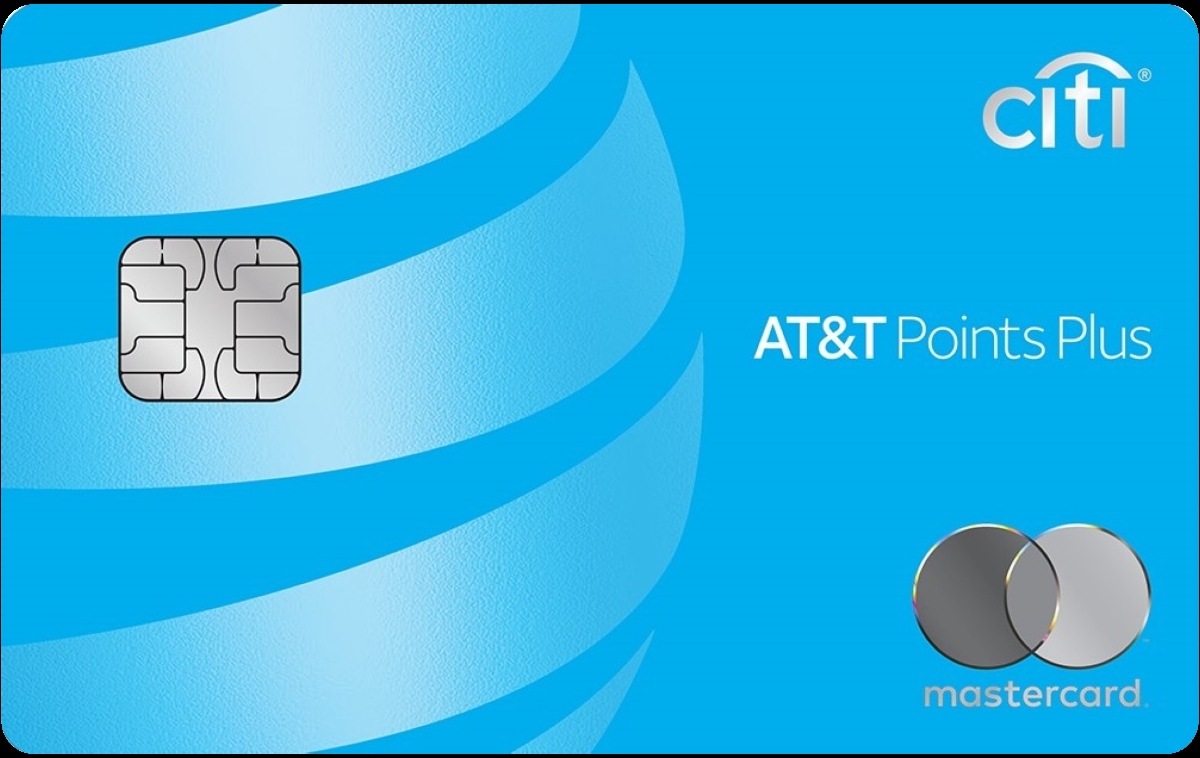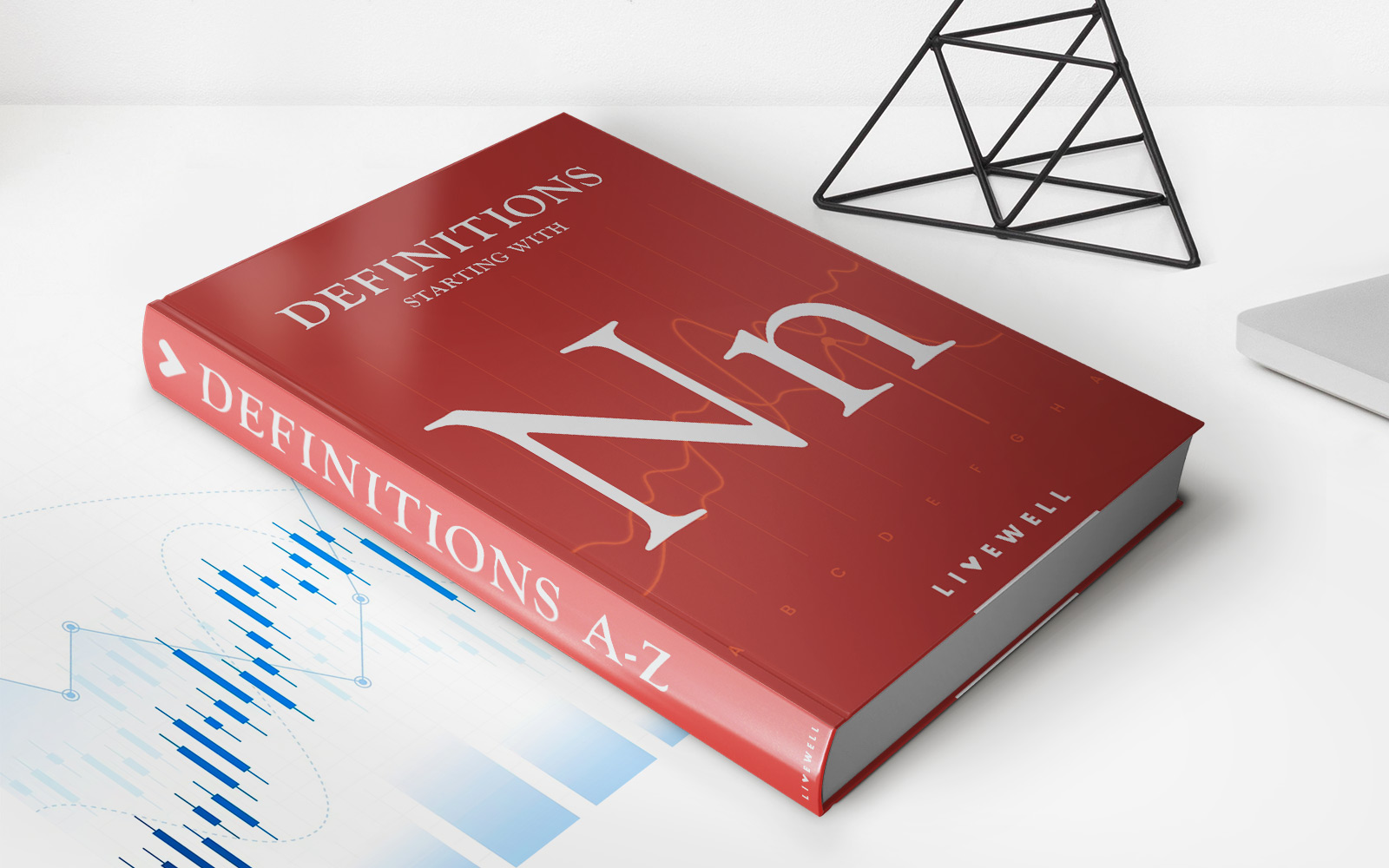

Finance
What Credit Bureau Does Marcus Use
Published: March 4, 2024
Marcus uses TransUnion to pull credit reports for loan applications. Understanding which credit bureau a lender uses can help you prepare for the application process. Learn more about finance and credit bureaus with Marcus.
(Many of the links in this article redirect to a specific reviewed product. Your purchase of these products through affiliate links helps to generate commission for LiveWell, at no extra cost. Learn more)
Table of Contents
**
Introduction
**
When it comes to applying for a loan or a credit card, your credit history plays a pivotal role in the decision-making process. Lenders rely on this information to assess your creditworthiness and determine the terms of the financial products you're eligible for. In this digital age, where financial technology companies are revolutionizing the lending landscape, understanding the intricacies of credit reporting agencies and their impact on loan approvals is crucial.
In this article, we delve into the world of Marcus by Goldman Sachs, a prominent player in the personal loan market. We aim to demystify the credit bureau that Marcus uses to evaluate loan applications, shedding light on the significance of this aspect in the lending process. By gaining insights into the credit bureau utilized by Marcus, you can better comprehend the factors influencing your loan approval and make informed decisions when seeking financial assistance.
Now, let's embark on a journey to unravel the role of credit bureaus in the context of Marcus by Goldman Sachs and explore the implications for prospective borrowers seeking to secure personal loans.
**
What is Marcus?
**
Marcus by Goldman Sachs is a well-established online platform that offers a range of financial products, including personal loans, savings accounts, and certificates of deposit. Launched in 2016, Marcus has gained recognition for its user-friendly interface, competitive interest rates, and transparent approach to personal finance. With a focus on simplifying the borrowing experience and empowering individuals to take control of their financial well-being, Marcus has emerged as a popular choice for consumers seeking reliable and accessible lending solutions.
One of the flagship products offered by Marcus is the personal loan, which is designed to cater to various financial needs, such as debt consolidation, home improvement, and major purchases. Customers can apply for loans ranging from $3,500 to $40,000, with fixed interest rates and flexible repayment terms. The seamless application process and swift funding make Marcus an attractive option for individuals in pursuit of efficient and affordable borrowing options.
As a part of Goldman Sachs, a leading global investment banking, securities, and investment management firm, Marcus upholds a commitment to integrity, innovation, and customer-centric practices. The platform’s emphasis on responsible lending and personalized financial solutions aligns with the broader mission of empowering individuals to achieve their goals and aspirations through prudent financial management.
Now that we have a clear understanding of Marcus and its dedication to providing accessible and transparent financial products, let’s delve into the critical aspect of the credit bureau utilized by Marcus to evaluate loan applications.
**
Credit Bureau used by Marcus
**
When you apply for a personal loan through Marcus by Goldman Sachs, the platform relies on information from a specific credit bureau to assess your creditworthiness. Marcus utilizes data from TransUnion, one of the three major credit reporting agencies in the United States. TransUnion plays a pivotal role in providing comprehensive credit reports and scores, offering valuable insights into an individual’s credit history and financial behavior.
By leveraging the data furnished by TransUnion, Marcus gains a holistic view of an applicant’s credit profile, encompassing factors such as payment history, credit utilization, length of credit history, new credit accounts, and the mix of credit types. This in-depth analysis enables Marcus to make well-informed decisions regarding loan approvals and determine the terms and conditions based on the applicant’s credit risk.
TransUnion’s extensive database and analytical tools equip Marcus with the necessary information to evaluate the creditworthiness of loan applicants accurately. This partnership underscores Marcus’s commitment to leveraging reputable credit reporting agencies to ensure fair and transparent lending practices, thereby fostering trust and confidence among borrowers.
Understanding the credit bureau utilized by Marcus is instrumental in comprehending the factors that influence the loan approval process. By recognizing the significance of TransUnion’s credit data in this context, prospective borrowers can take proactive steps to manage and improve their credit profiles, thereby enhancing their eligibility for personal loans through Marcus.
Now that we’ve shed light on the credit bureau employed by Marcus, let’s explore the importance of credit bureaus in the broader context of loan approvals and financial decision-making.
**
Importance of Credit Bureau in Loan Approval
**
The role of credit bureaus in the loan approval process cannot be overstated. These agencies serve as custodians of individuals’ credit histories, compiling a comprehensive record of their borrowing and repayment activities. When it comes to securing a personal loan through platforms like Marcus by Goldman Sachs, the credit bureau’s data holds immense significance in determining the outcome of the loan application.
By assessing an applicant’s credit report and score, derived from information provided by credit bureaus such as TransUnion, lenders gain crucial insights into the individual’s financial responsibility and creditworthiness. Factors such as payment history, outstanding debts, credit utilization, length of credit history, and recent credit inquiries are meticulously analyzed to gauge the applicant’s risk profile.
For loan applicants, maintaining a favorable credit profile is essential for securing competitive interest rates and favorable loan terms. A robust credit history, characterized by timely payments, responsible credit utilization, and a diverse credit mix, enhances the likelihood of loan approval and may result in more favorable loan terms.
Furthermore, credit bureaus facilitate transparency and fairness in the lending process by providing lenders with standardized credit reports and scores, enabling consistent evaluation of applicants’ creditworthiness. This standardized approach promotes objectivity and ensures that loan decisions are based on reliable and uniform credit assessments.
Understanding the pivotal role of credit bureaus in loan approvals empowers individuals to proactively manage their credit profiles, rectify any inaccuracies, and adopt prudent financial habits to bolster their creditworthiness. By staying informed about the factors that influence credit evaluations, prospective borrowers can take proactive steps to enhance their eligibility for personal loans and secure more favorable borrowing terms.
As we conclude our exploration of the importance of credit bureaus in the loan approval process, it becomes evident that these agencies play a fundamental role in shaping individuals’ access to credit and financial opportunities.
**
Conclusion
**
As we unravel the intricacies of the credit bureau utilized by Marcus by Goldman Sachs and its significance in the loan approval process, it becomes evident that credit reporting agencies are instrumental in shaping individuals’ access to financial products. The partnership between Marcus and TransUnion underscores the platform’s commitment to leveraging reputable credit data to make informed lending decisions, fostering transparency and fairness in the borrowing experience.
Understanding the role of credit bureaus empowers individuals to take proactive steps in managing their credit profiles, thereby enhancing their eligibility for personal loans and securing favorable borrowing terms. By maintaining a favorable credit history and addressing any discrepancies in their credit reports, prospective borrowers can position themselves for a more seamless and rewarding borrowing experience.
Furthermore, the emphasis on responsible lending and personalized financial solutions exemplifies Marcus’s dedication to empowering individuals to achieve their financial aspirations while promoting financial well-being. By harnessing the insights gleaned from credit bureaus, Marcus strives to offer accessible and transparent lending solutions that cater to diverse financial needs, reinforcing its position as a trusted and customer-centric financial platform.
In conclusion, the collaboration between Marcus by Goldman Sachs and TransUnion underscores the critical role of credit bureaus in the lending landscape, emphasizing the importance of credit history in shaping individuals’ financial opportunities. By recognizing the impact of credit reporting agencies on loan approvals, individuals can navigate the borrowing process with greater confidence and make informed decisions to achieve their financial goals.
As we embrace the digital era of lending, the synergy between financial platforms and credit bureaus paves the way for a more inclusive and informed lending ecosystem, where individuals can leverage their creditworthiness to access tailored financial products and embark on their journey towards financial prosperity.














